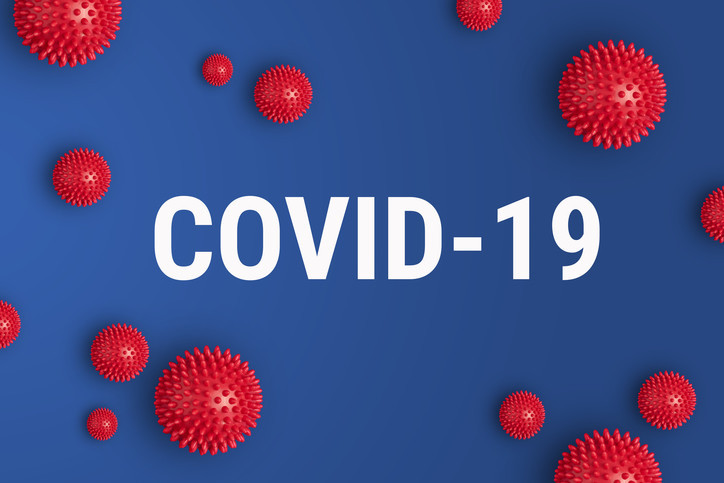There are a lot of people of goodwill in the USA and the world making emergency supplies and equipment to protect against COVID-19.
These actions are laudable and are a community response to the threat of flooding of cases of COVID-19 in hospitals.
But we must keep in mind that the Food and Drug Administration ( FDA) and regulatory agencies in the world have protocols for approving equipment and supplies. The manufacturing places/sites have to be certified, as well as the suppliers of the material, the people working in the facilities, among other considerations.
Some powerful companies such as General Motors (GM) are HELPING ventilator manufacturers with the purchasing of parts and other logistics, supply chain know-how, rather than BUILDING ANY VENTILATOR themselves.
This underscores the importance of supporting the production of protective gear by approved manufacturers.
But the reality is, this pandemic has taken us with our guard down and we will be low in certified equipment for weeks.
So there is value on improvisation and the creation of alternative solutions.
This is when legal considerations must be taken. THIS IS NOT LEGAL ADVICE NOR FORMS AN ATTORNEY-CLIENT RELATIONSHIP.
A message for you all Good Samaritans, makers, and hackers: if you are helping to make emergency supplies and equipment you need to be aware and be prepared for any eventuality including liability claims for the use of non-approved equipment or supplies. You may want to consider releases, waivers of responsibility, liability, indemnification and more so if a claim is ever filed against you, as a volunteer, supplier, manufacturer, emergency provider, etc. you may have some basis for defending your case.
So makers, be upfront on the conditions your products are being produced, that are not FDA approved and therefore, their effectiveness have not been tested.
At some point in a chaotic emergency with no approved supplies left, the choice is either to use something that is not certified, but has a chance to protect you and others, or not do anything and potentially let people/patients get sick or die without even trying to save them.
Good Samaritan laws or considerations may or may not apply since the laws are gray in this area. Generally speaking, the concept of Good Samaritan is applied to one person doing an effort to save a limited number of individuals (one? three?) in case of an accident without liability for the outcome.
As we confront these tough times, we continue to pray for our country and the rest of the world to recover fast and stay strong.
Attorney Marcos E. Garciaacosta offers free legal consultations. You can contact him through social media, or calling (480) 324-6378.
